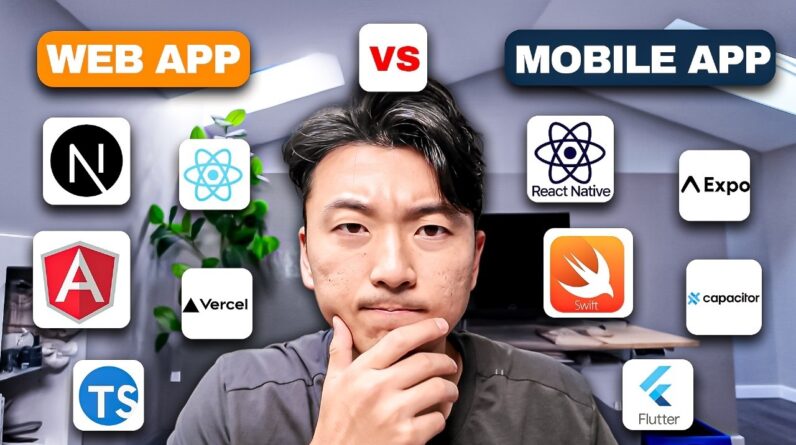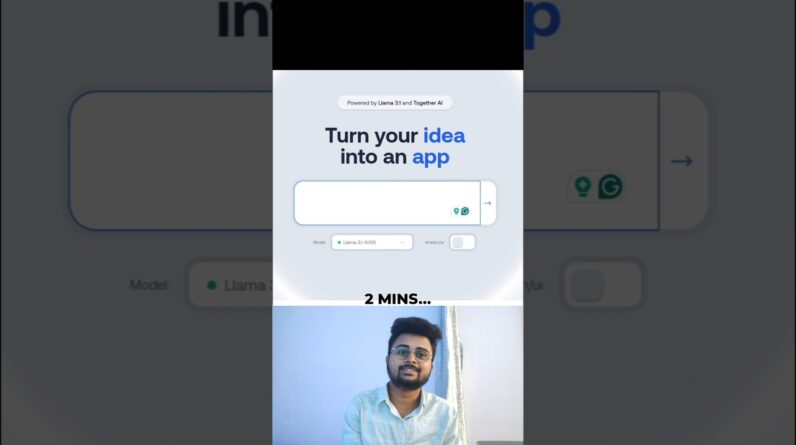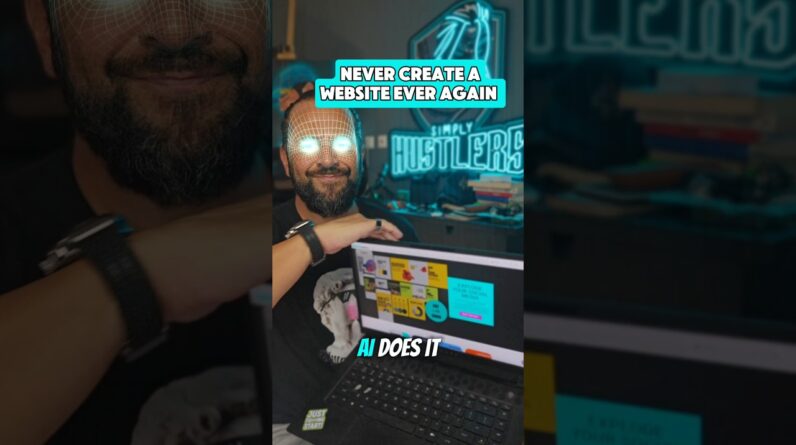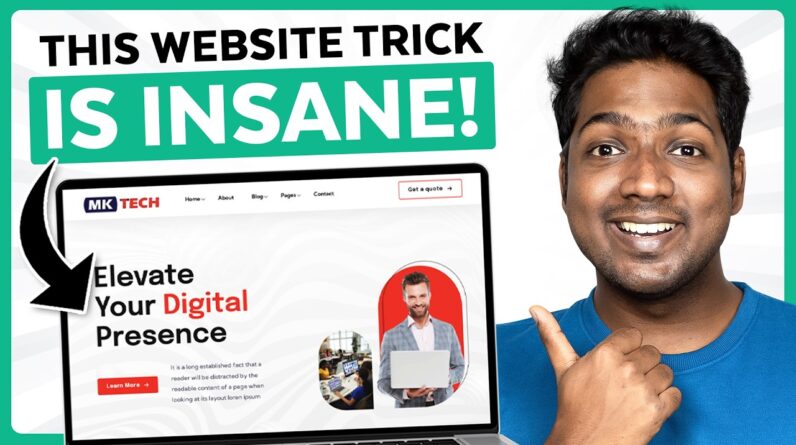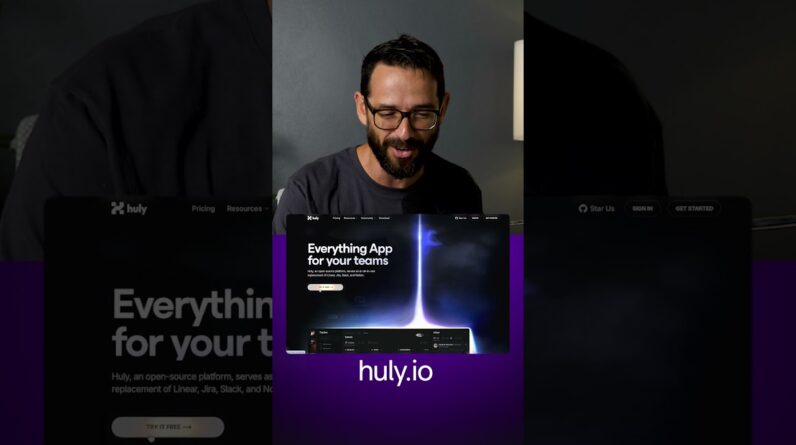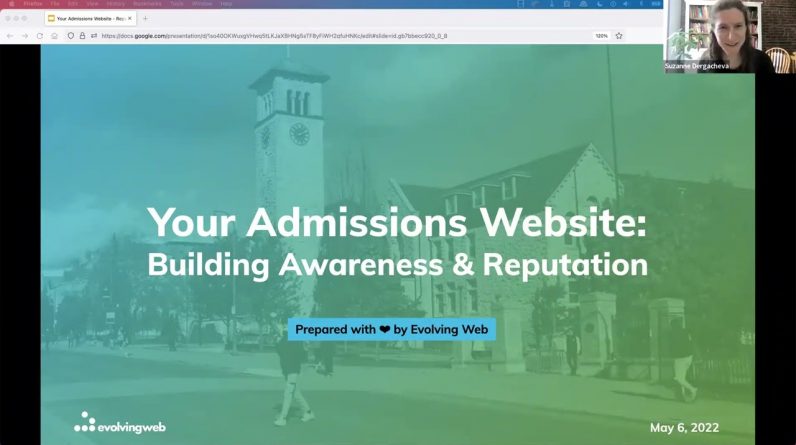
Presenter(s):Suzanne Dergacheva
Audience(s): Beginner
Track(s): Content Strategy
Your institution probably has a dedicated section of its website, or a stand-alone website that helps recruit new students and guide them through the admissions process. Sometimes a faculty or school will have a similar section of the website that describes the application process and all the programs and requirements. These sections and websites often play the role of the digital front door of your institution. The first touch-point that a potential student has when they’re researching which school to attend. While higher education websites also need to speak to current students, faculty, and staff, more and more we expect the primary goal to be to attract potential students. But it’s an oversimplification to imagine that you can design a website with only one target persona. You’re likely looking at two very distinct user journeys with this type of website: potential students who know about your institution from its reputation and want to apply, and students who have never heard of your institution. With universities and colleges trying to attract a more international audience, we are more and more trying to speak to that second group. We can’t assume that potential students know about our institution and why they would want to attend. In this session, we’ll talk about: – The goal of the website and how it serves the purpose – Web governance over content and navigation – How to create web content that creates awareness and builds reputation – The role of lead-generation content in your admissions website – How to speak to the target audience like Millennials end and Generation Z and the difference in techniques and platforms – How to adapt lead-generation techniques to the higher education context – Efficient ways of creating and improving on your evergreen content, and its role in reputation building and converting potential applicants to applicants – The difference between a one-time campaign to achieve a goal vs building content that builds long-term awareness


